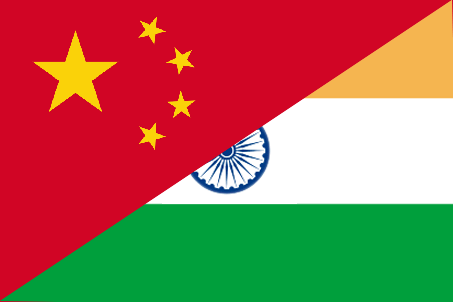Quad, signifying change in India’s national defence doctrine, rattles China
The Quad may be the beginning of the discarding of the abomination called non-alignment by India
Tony Fernandez | March 27, 2021 4:44 pm

The Quad has surely rattled China. This is the reason that it has “firmly opposed” the informal security grouping of India, the US, Australia and Japan.
The growing importance of Quad is a direct result of the novel coronavirus which Beijing deliberately spread across the global. Millions of deaths, collapse of the world economy, the misery occasioned by lockdowns—all these forced the world to see China what it is: the world’s biggest and most dangerous rogue state.
The Quad has also become important because it is the consequence of a significant change in India’s foreign and security policies. It has almost abandoned the non-alignment fantasies, though not discarded the old doctrine altogether. The gradual marginalization of RSS commissar Ram Madhav, finally ousted from the ruling Bharatiya Janata Party, signifies that change.
Not many people acknowledge the fact the RSS hates America as much as the Left does. Madhav’s baneful influence on foreign policy and national defence did considerable harm to the nation. He, among others, has been persistently opposing India’s alliance with the US—which is seen both by the Right and the Left as embodiment of capitalism and neo-imperialism.
In an article, ‘India’s interests tilt eastwards, it walks a new tightrope,’ in The Indian Express (January 2, 2017), Madhav suggested that India should keep away from the South China Sea—something that helped China. He wrote, “India’s diplomatic interests are tilting eastwards towards the Indian Ocean region where the global power axis lies today. India’s trade, economic and strategic interests are hugely tied to the Indian Ocean. In this century, the Indian Ocean is going to be the theatre of great power and huge rivalries. If Trump translates his rhetoric on issues like the South China Sea, the trade imbalance, Taiwan and currency devaluation into reality, it may lead to greater tensions in the region. A much-harried China, with its economic and military might, will be a security nightmare in the region” (emphasis added). This must have been music to Chinese President Xi Jinping’s ears.
Despite being shunted out of the BJP, Madhav keeps expressing his views which are detrimental to national interests. In another article on March 15 this year in the same newspaper, he tried to frighten our policy makers from playing a more meaningful, military role in Afghanistan, he wrote, “Before deciding to change that reticence [about boots on the ground in Afghanistan], India must take into account a few ground realities. The Taliban are a much stronger force in Afghanistan today. They control almost all highways. Their estimated strength is between 80,000 to 100,000 warriors. On the other hand, the Afghan forces will be substantially weakened in the absence of American airpower. India does not have any friends in the Taliban. The romantic notion that there cannot be any ‘good’ and ‘bad’ Taliban has led to its refusal to engage even when sections of the Taliban wanted its support.”
Notice the scare-mongering. Notice how he accepts the Pakistani notion that there are good and bad Taliban.
Thankfully, Madhav is not in the reckoning, but others are still there. There is the deep pink state—policy and decision makers who have imbued socialist ideas for several generations. The Quad may be the beginning of the discarding of the abomination called non-alignment by India. This bothers China and other enemies of India.






























